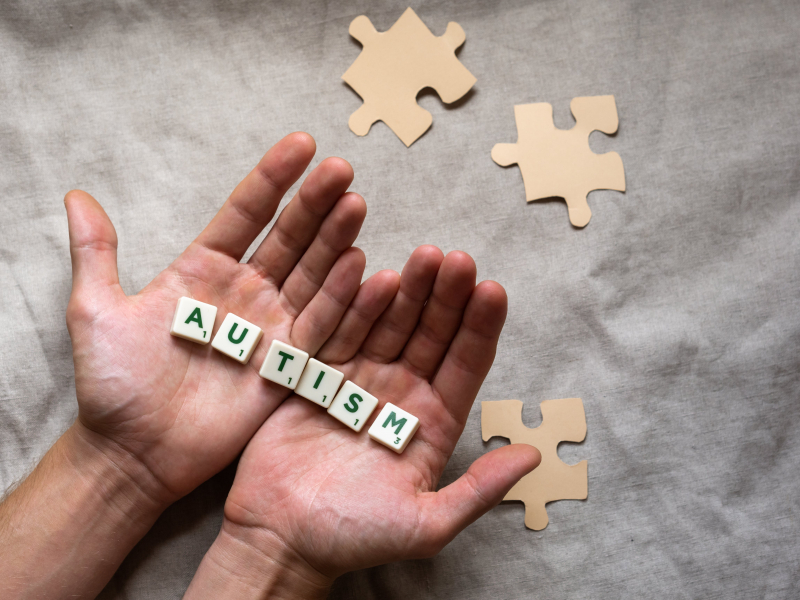Autism Spectrum Disorder (ASD)
Essay topic: The beginnings and outcomes of Autism Spectrum Disorder (ASD) on individuals impacted and the broader social contexts in which they exist.
Answer:
Autism Spectrum Disorder (ASD) is a complex condition that profoundly influences individuals and the broader social contexts in which they navigate. Understanding the causes is essential for grasping the far-reaching effects it has on both those directly affected and the communities around them.
The causes of ASD are multifaceted, encompassing genetic, environmental, and neurological factors. Genetic predisposition plays a crucial role, with studies suggesting a higher likelihood of ASD in individuals with a family history of the disorder. Additionally, certain genetic mutations associated with brain development contribute to its onset. Environmental factors, such as prenatal complications or exposure to certain toxins, may also increase the risk. The neurological underpinnings involve atypical brain structure and function, affecting social interaction and communication skills. The interplay of these causes forms a complex web that leads to the emergence of ASD.
The effects of ASD are profound, impacting various aspects of an individual's life and extending to the broader social environment. On an individual level, those with ASD often face challenges in social interactions, communication, and repetitive behaviors. Educational and occupational opportunities may be hindered, affecting long-term prospects. Families often experience emotional and financial strains in supporting their loved ones with ASD. Socially, the broader community faces the challenge of creating inclusive environments and breaking down stigmas associated with the disorder.
The consequences of ASD extend beyond the immediate challenges faced by individuals and their families. Society at large is tasked with fostering awareness and understanding to create inclusive spaces. Educational and workplace accommodations are imperative to facilitate the integration of individuals with ASD. Ongoing research, early intervention programs, and support services contribute to minimizing the societal impact of ASD.
In conclusion, the origins of Autism Spectrum Disorder are complex, involving genetic, environmental, and neurological factors. Its effects ripple through individuals' lives and the broader social fabric. Addressing these causes and fostering societal inclusivity are key to mitigating the challenges posed by ASD and ensuring a supportive environment for affected individuals.












